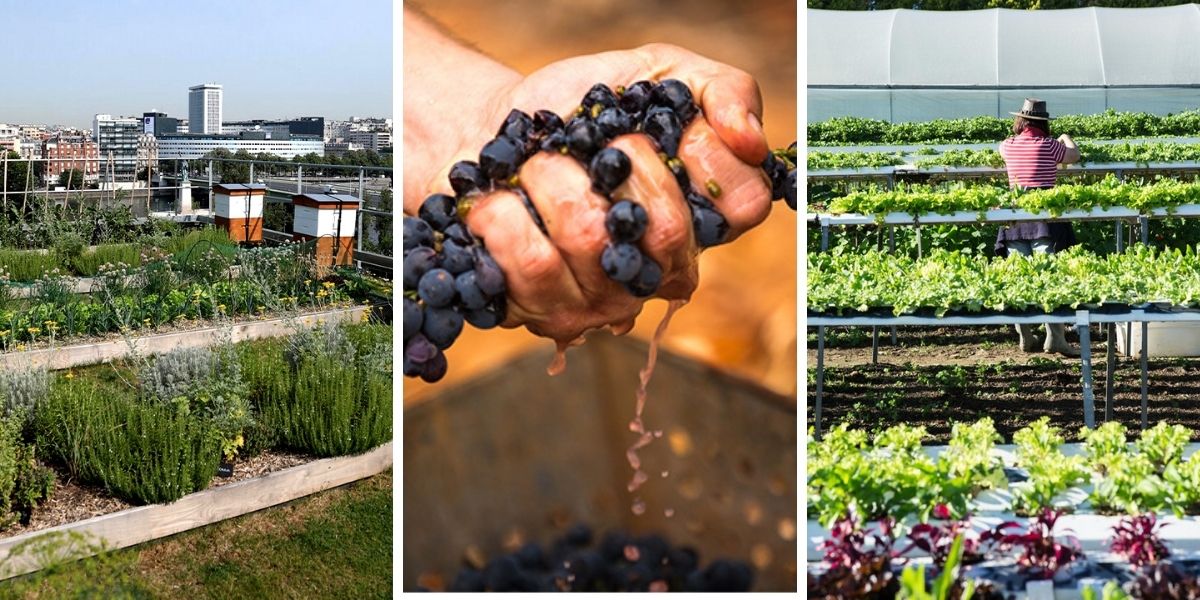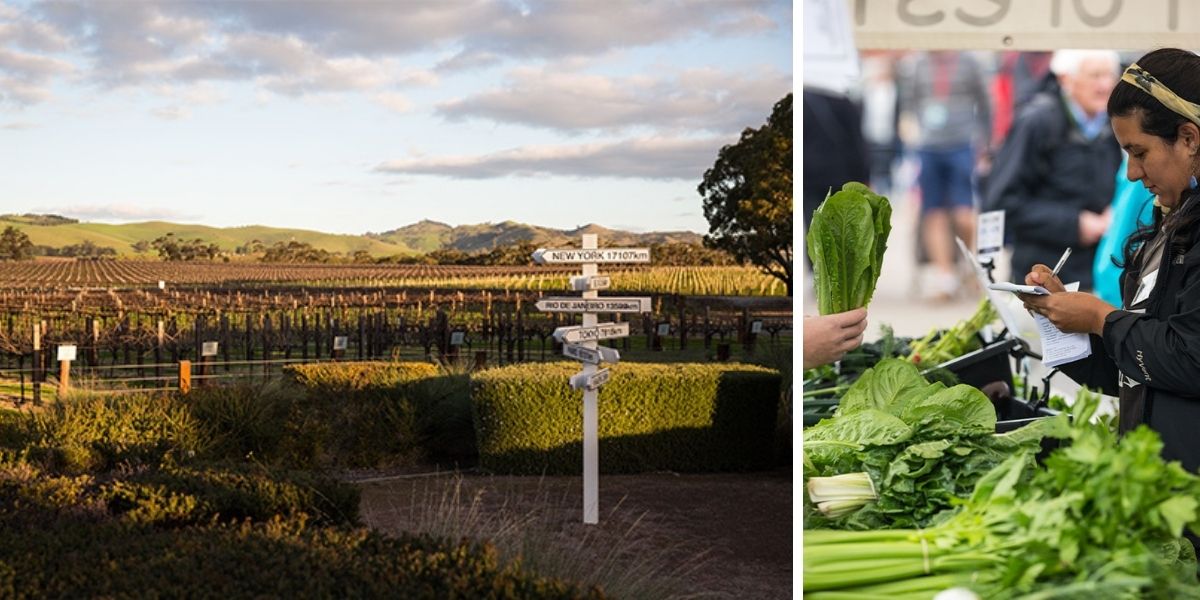3 Ways the Food Industry has Changed Forever (beyond your groceries)
With essential questions fermenting around the “just in time” global food supply chain, the sustainability of the food industry has recently been a topic that is difficult to digest. An industry which has been ever-changing, the food supply chain has undergone a world-wide transformation over the past two years as the needs of consumers have impacted many areas of the industry, including the closure of many restaurants and the spike in supermarket sales. From the increasing need for agricultural labour to the emphasis on health and safety, it is more important now than ever to understand ways that the future of the food industry has changed forever.
- Global food security is unlocked
Food security and the recent impact on local producers is really a tale of two cities. From one side, there are countries such as Australia which produce 3 times more food than it needs – enough to feed 75 million people, in fact. Most of Australia’s food is grown and produced on their own soil, ranking as one of the most food secure nations in the world.
As a case study, Australia’s food supply chain highlights the importance of self-sufficiency as the pandemic raised the issue of our global “just in time” supply chain, revealing its shortcomings in 2020. Furthermore, Australia models a strong brand in terms of safety and its management of COVID-19 so from a global perspective, the exporting potential is significant. This, in effect, has flagged for the world to re-evaluate production methods and highlight the need for urgent long-term changes, transforming the food industry’s future.
- From farm to fork: The workforce impact
With a rise in production for food security comes the other side of the fence: The increase in the demand for agricultural labour and the shift in food business sales. As countries approach their first ‘pandemic harvest’, the need for labour has intensified and raised questions behind the operational supply of the demand. As a nation which had a partial reliance on the appeal of its agricultural workforce offerings for visa holders, Australia is an example of the significant decrease in their rural labour force due to the pause on international travel; a system which is now under review in order to maintain the food supply chain monopoly’s future from a workforce perspective.
Furthermore, the drop in foodservice business with higher profit margins and the increase in supermarket sales with lower margins demonstrates that the shift is prompting business changes to match the present and future needs of consumers. As restaurant closures impact the food chain across the board, there has been a major demand for consumers turning to technology to access resources through the digital world. Once thought of as a temporary change, it has proven that these ‘new normal’ demands are not only here to stay but evolving as the future of the food industry.

- A palate for a plate of immunity
There has been a significant increase in hygiene-conscious choices, awareness of where our food comes from and what we eat in correlation to our health. With our fingers on the pulse of our well-being and immune systems, the trends for sustainable food choices and plant-based diets have risen. The sales of fresh plant-based meat alternatives nearly doubled every month in 2020 and what we eat in reference to our health will only continue to become a stronger trend.
As the importance of our immune systems is highlighted, the shifts could continue towards more of a Mediterranean style eating, with more plants and less meat. There has also been an increase on supporting and purchasing goods from local sources, shifting the focus on what we farm and grow locally. With no sign of the growth of these trends slowing down, it is becoming more and more evident that the pandemic has triggered a long-term shift in the ongoing choices and priority of health in the food industry.
Wrapping it up
From food security to evolving production methods, the future of our global food supply chain has been widely impacted by the focus of health, safety, and self-sufficiency. With consumers educating themselves on the greater impact of their food choices and making conscious decisions in their diets, it is clear we are shifting towards a new era of health and sustainability across all three pillars. Educating ourselves in these challenging areas will not only improve our individual lives but will, in effect, change the overall well-being of the food industry and solutions our future as a whole.



